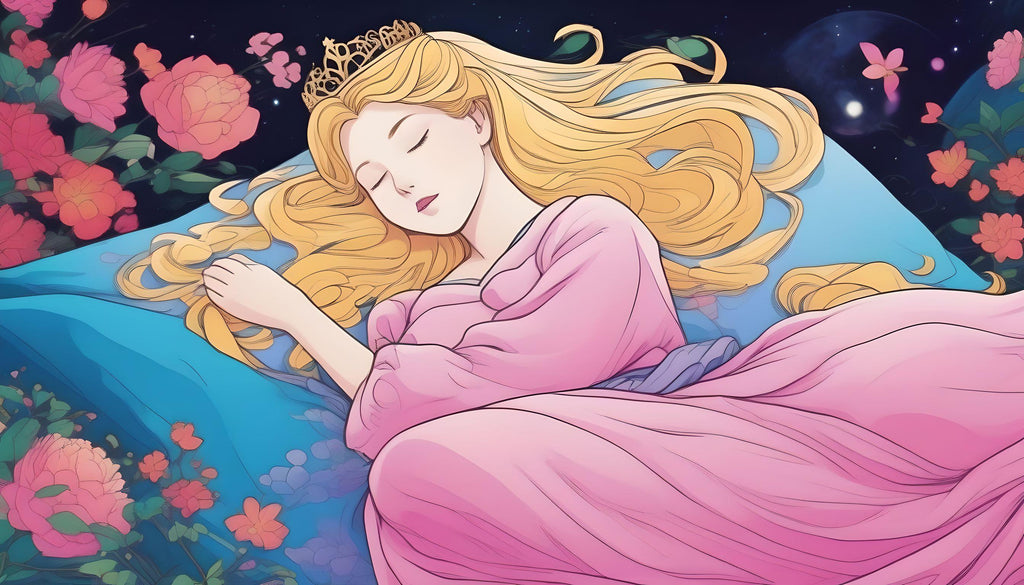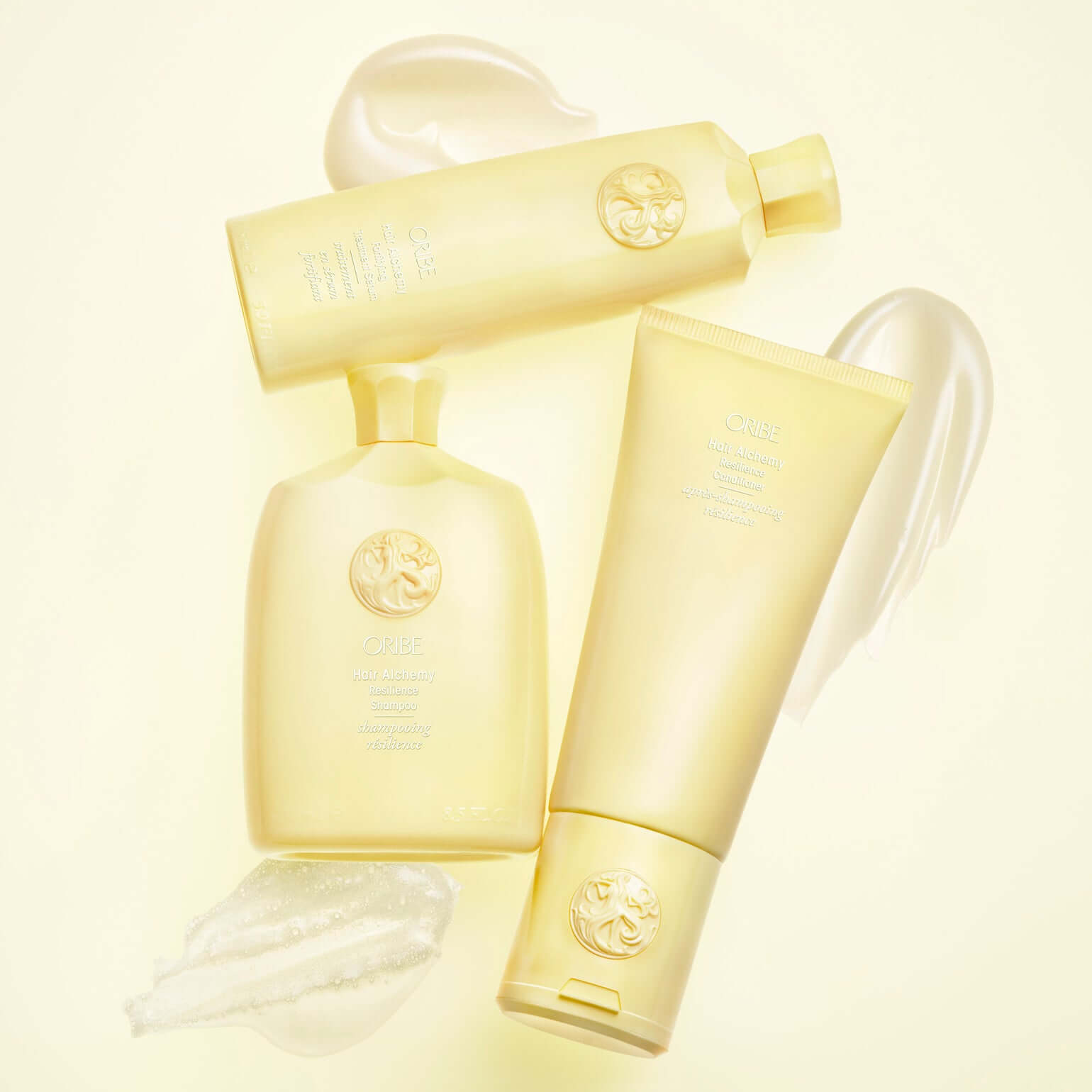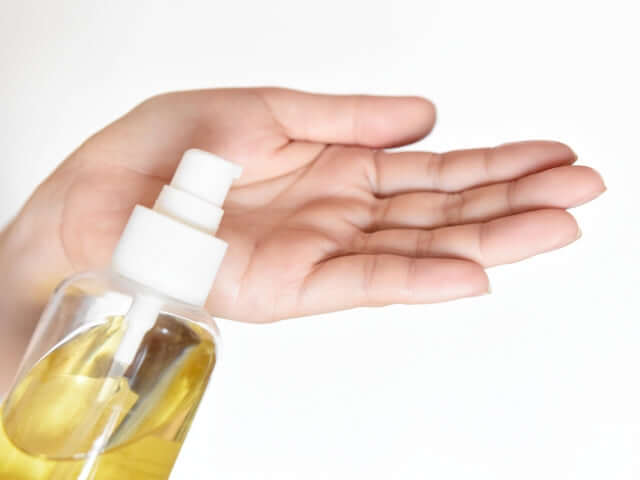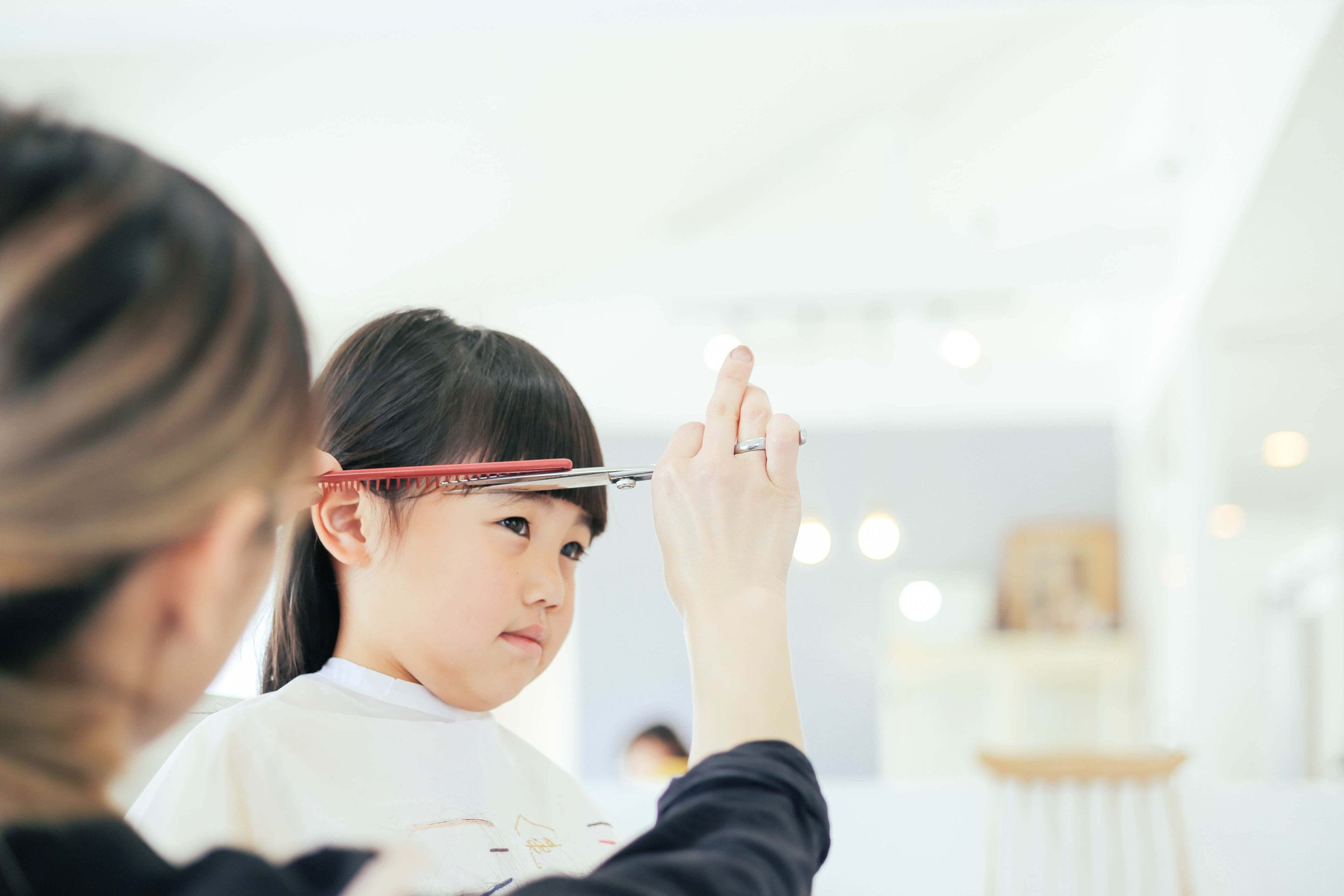World Sleep Day in 2024 falls on March 15th. Imagine a world where everyone takes a break from their daily grind to indulge in the blissful embrace of their beds. That's the dream that inspired World Sleep Day, a global event that's all about celebrating the wonders of sleep since 2008. This snooze-fest extravaganza was created by the World Sleep Society to raise awareness about the importance of healthy sleep and to tackle the many sleep-related issues that plague our modern world. While you may think of sleep as just a way to recharge your batteries, it's actually a crucial component of your skincare and haircare regimen. Sleeping actually helps hair repair. Beauty sleep isn't just a myth—it's a science! Your sleep habits play a significant role in the health and appearance of your hair and skin.
Locks and Lights Out: How Your Snooze Time Impacts Your Hair
Let's start with your hair – that glorious crown of follicles that can make or break your look. Lack of sleep can lead to a myriad of hair issues, including hair loss, dullness, and even premature graying. When you don't get enough sleep, your body produces more cortisol, a stress hormone that can wreak havoc on your hair follicles, leading to hair loss and thinning, and slowing down hair repair. Additionally, inadequate sleep can disrupt your body's production of melatonin, a hormone that plays a crucial role in hair growth and health.
On the flip side, getting enough sleep can do wonders for your locks. During sleep, your body repairs and regenerates cells, including those responsible for hair repair and hair growth. This means that a good night's sleep can promote healthier, stronger hair, with less breakage and shedding.
Sleep's Skin Game: How Your Zzz's Affect Your Glow!
Next up, your skin – the body's largest organ and the first line of defense against the outside world. Just like your hair, your skin can suffer when you skimp on sleep. Lack of sleep can lead to increased inflammation in the body, which can manifest on your skin as redness, acne, and even eczema. Additionally, sleep deprivation can lead to a decrease in collagen production, the protein responsible for keeping your skin firm and youthful.
On the flip side, getting enough sleep can work wonders for your skin. During sleep, your body boosts blood flow to your skin, delivering essential nutrients and oxygen that help repair and regenerate skin cells. This means that a good night's sleep can leave your skin looking refreshed, radiant, and glowing.
Get your Zzz's and let your body do its beauty wizardry!
While you're off in dreamland, your body is busy doing all sorts of behind-the-scenes work to keep you ticking and looking fabulous.
Skin Repair Crew: Picture this—tiny repair fairies zipping around your skin, fixing up any damage from the day. Your skin cells are busy regenerating, collagen production is in overdrive, and blood flow to your skin is at its peak, giving you that morning glow-up! And not just your skin, hair repair is also under progress while you are sleeping.
Hair Growth Extravaganza: Your hair follicles are throwing a growth party! They're soaking up all the nutrients and oxygen they need to grow stronger, shinier locks, while old hairs make way for new ones. It's like a hair makeover while you snooze!
Muscle Rejuvenation Fiesta: Your muscles are getting some well-deserved rest and recreation. They're repairing and rebuilding, getting you ready to tackle the day ahead. No wonder you wake up feeling refreshed and ready to rock!
Memory Sorting Hat: Your brain doesn't clock out when you do. It's busy organizing memories, making sense of the day's events, and even coming up with creative solutions to problems. Who needs a brainstorming session when you have a snooze session?
Immune System Revamp: While you're catching those Z's, your immune system is on high alert, repairing damaged cells and fighting off pesky invaders. It's like having a mini superhero team inside you, ready to defend at a moment's notice.
- Hormone Harmony: Ever notice how everything seems better after a good night's sleep? Sleep plays a crucial role in keeping your hormones in check. While you're catching those Zzz's, your body is regulating hormone levels, helping you maintain a healthy balance and keeping everything running smoothly.
How Many Zzz's Does Your Body Really Crave?
Now that we've covered the impact of sleep on your hair and skin, let's talk about how much sleep you really need. While the exact amount can vary from person to person, most adults need between 7-9 hours of sleep per night to function optimally. However, it's not just about the quantity of sleep – the quality of your sleep is equally important. Aim for a consistent sleep schedule, create a relaxing bedtime routine, and make sure your sleep environment is conducive to restful sleep. Both caffeine and alcohol can interfere with your sleep, so it's best to avoid them in the hours leading up to bedtime. Instead, opt for a soothing herbal tea or warm milk to help you relax. If you really need coffee, try taking caffeinless coffee. And do you know that the blue light emitted by screens can interfere with your body's natural sleep-wake cycle, making it harder to fall asleep? Try to limit screen time at least an hour before bed, and consider using blue light filters or apps that reduce blue light exposure in the evening.
Sleep is not just a luxury – it's a crucial component of overall health and well-being, with profound effects on your hair and skin. By prioritizing sleep and ensuring you get enough rest each night, you can help keep your hair and skin looking and feeling their best. So, tonight, tuck yourself in a little earlier, and let the beauty sleep magic begin!






